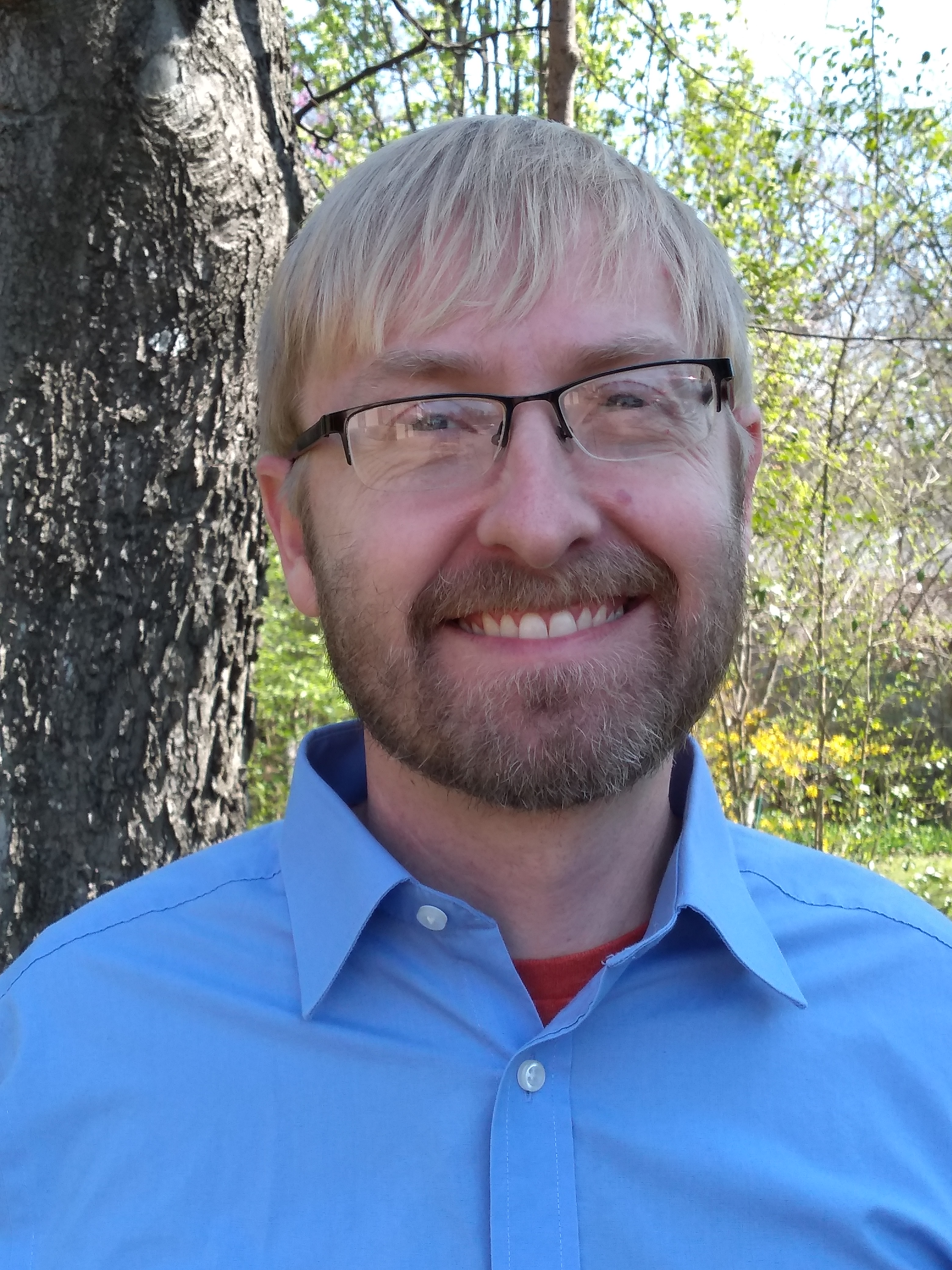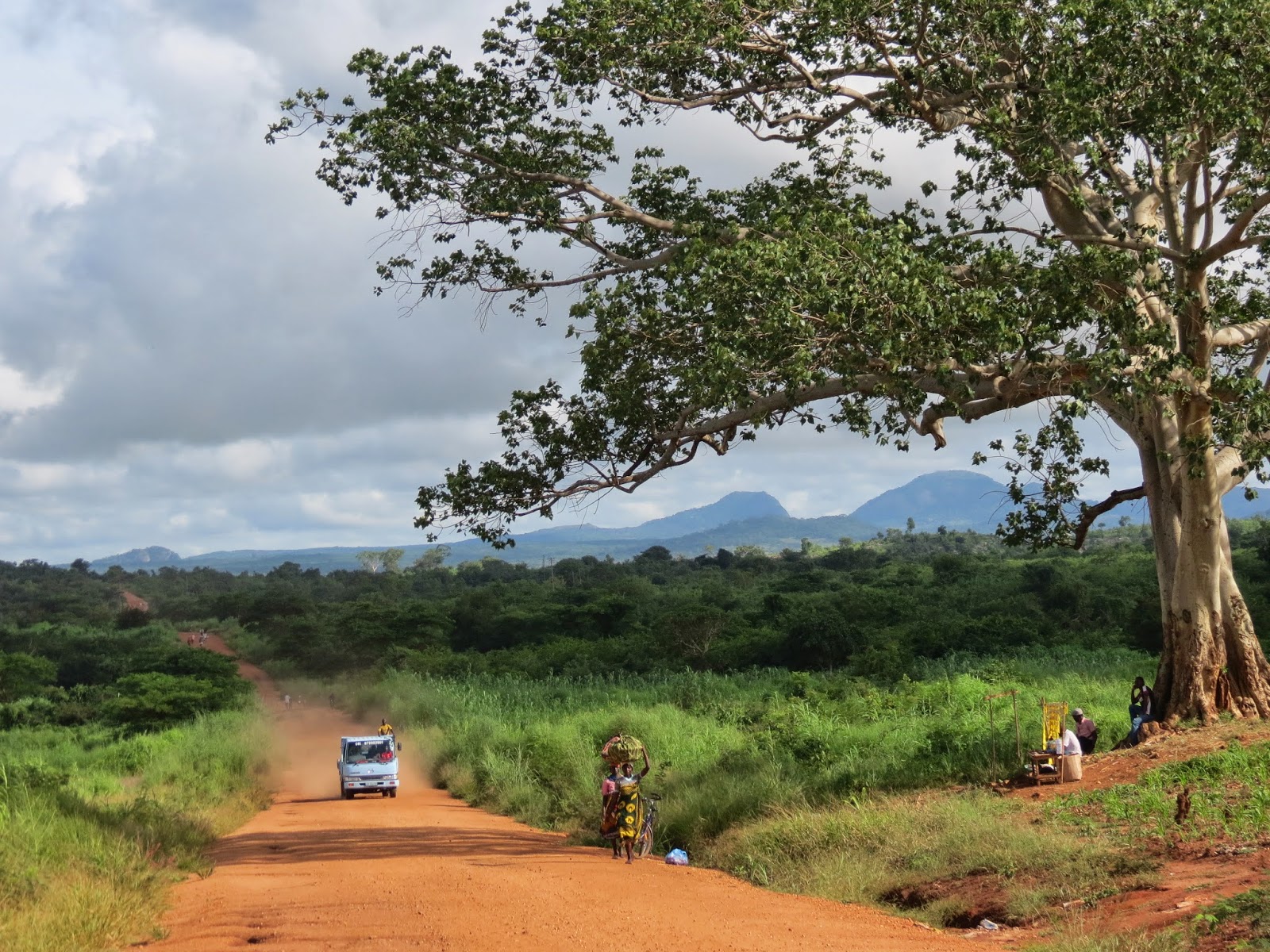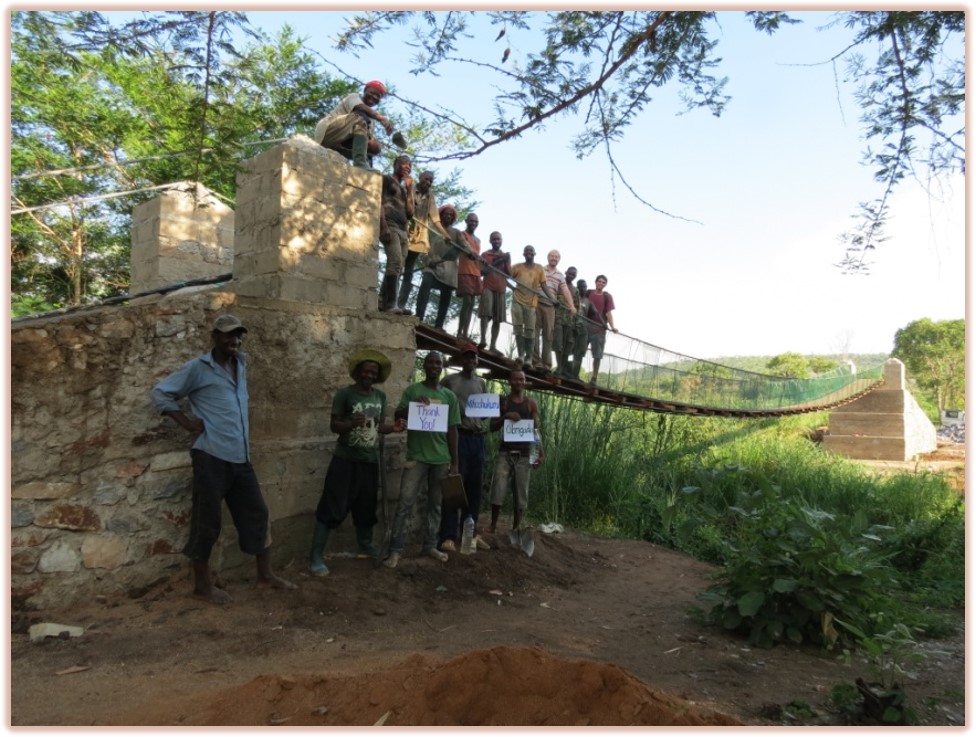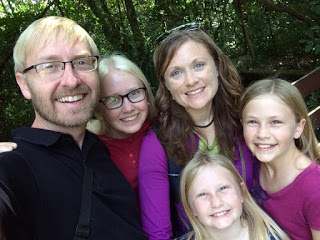Alan Howell is visiting professor of missions in the College of Bible and Ministry at Harding University.

As a student at Harding University, I double majored in Bible and marketing. Near the end of my time as an undergraduate in Searcy, I joined a mission team that eventually went to Mozambique, Africa, where my family served from 2003-2018. It was there that I saw how those two disciplines that seemed to compete for my attention as a student had actually served me well and prepared me to serve well. Our team’s mission in Mozambique was to encourage a church planting movement among the Makua-Metto people – this goal was holistic. We were committed to ministering in a way that integrated both the spiritual and physical aspects of life.

When we first moved to Mozambique in 2003, it was one of the poorest countries in the world, and although in recent years our host country has made some advancements, the vast majority of our friends there live in abject or absolute poverty. In 2018, Mozambique ranked 180 out of 189 in the UN's Human Development Index (Haiti and Afghanistan are tied for 168 – ranking 12 spots higher). Over 70% of the population live in " Multidimensional Poverty " and over 60% live on less than $2 a day . Statistics like these are both mind boggling and misleading — because the situation in Cabo Delgado, the province where the Makua-Metto people are most concentrated, is even worse. It is the furthest from the national capital (where much of the economic advancement has been concentrated) and the rare person with a job earning more than $2 a day is supporting his or her family on that income as well as a large group of extended relatives.

Trying to make a difference in such a religiously, socially and economically complicated place meant bringing all of our skills and training to the table. Over the years, we tried a number of different projects – from Lorena stoves to a nonprofit chicken business, a sustainable agriculture program, a small peanut butter business, building a pedestrian bridge and eventually getting a school off the ground. My business training was a huge asset on many different levels. As the network of churches we worked with grew, learning how to “scale up” our ministry to encourage and empower the growing numbers was crucial. All of these experiences in Mozambique have given me a greater appreciation for the way the entrepreneurial skill set is extremely important in the kingdom of God.
When I get the chance to talk to people with entrepreneurial gifts and skills (creative, innovative, risk-takers, people who think big and are willing to experiment and work hard), the question I hope to get the chance to ask them is this: What if your gifts for business were given to you to also do something else?

Ephesians 4:11-13, says, “So Christ himself gave the apostles, the prophets, the evangelists, the pastors and teachers, to equip his people for works of service, so that the body of Christ may be built up until we all reach unity in the faith and in the knowledge of the Son of God and become mature, attaining to the whole measure of the fullness of Christ.”
Often in churches, we highlight those with pastoral skills and teaching gifts. But, Frost and Hirsch in their important book, The Shaping of Things to Come , ask us to consider Ephesians 4 from a different angle. What if…What if the labels of pioneer, strategist, innovator, visionary, or entrepreneur — words we often use in a business setting — are part of the apostolic skill set that God gives to the church today?

As one who was sent to serve in Mozambique, I know from experience that being able to think and act strategically like an entrepreneur, using skills developed in my business training, was crucially important.
What if? What if you thought of your entrepreneurial gift set as an important part of the kingdom of God? What if you found your place in Business-as-Mission (BAM) or full-time church planting or service in the local church?
In Let Your Life Speak, author Parker Palmer states, “vocation does not mean a goal that I pursue. It means a calling that I hear.” As followers of Christ we believe God can and does speak into our lives, equipping and calling us to live a good life of meaning and purpose.
What if? What if your calling or career connected your skills alongside your passion for service with the church in the world? What if God is calling you to do something like that?
I would like to encourage you to stop and listen – ask God if that is something you may be called to do.
And if it is – come and see me – let’s talk about it.
To continue this discussion of business as mission, you may reach Alan Howell at ahowell@harding.edu.